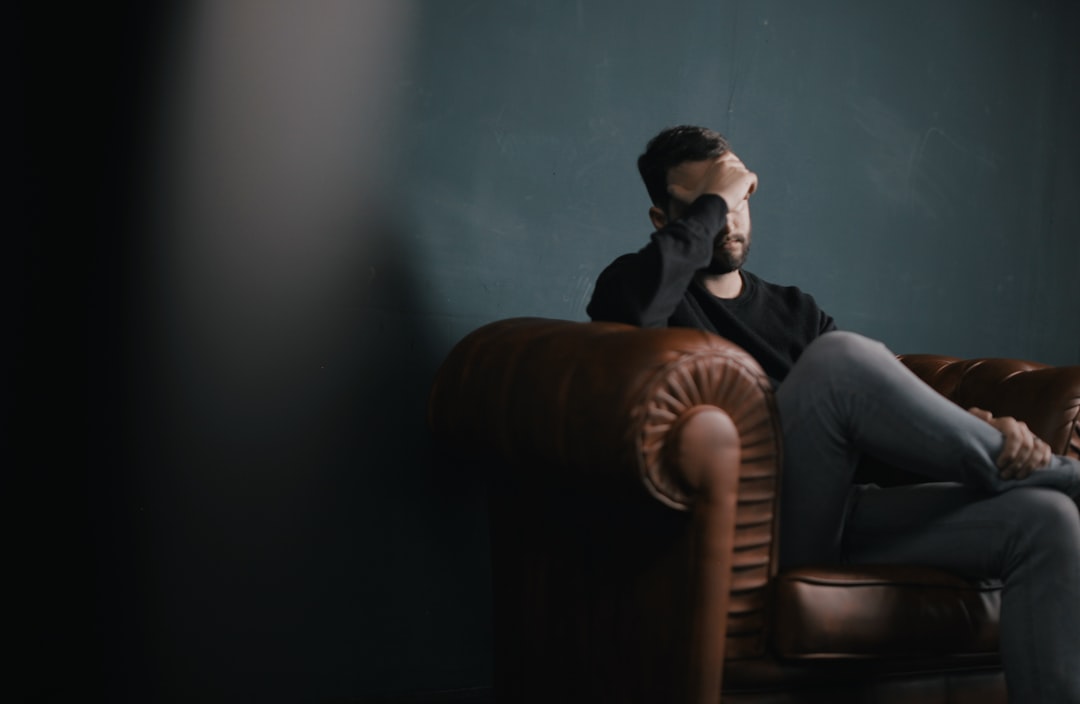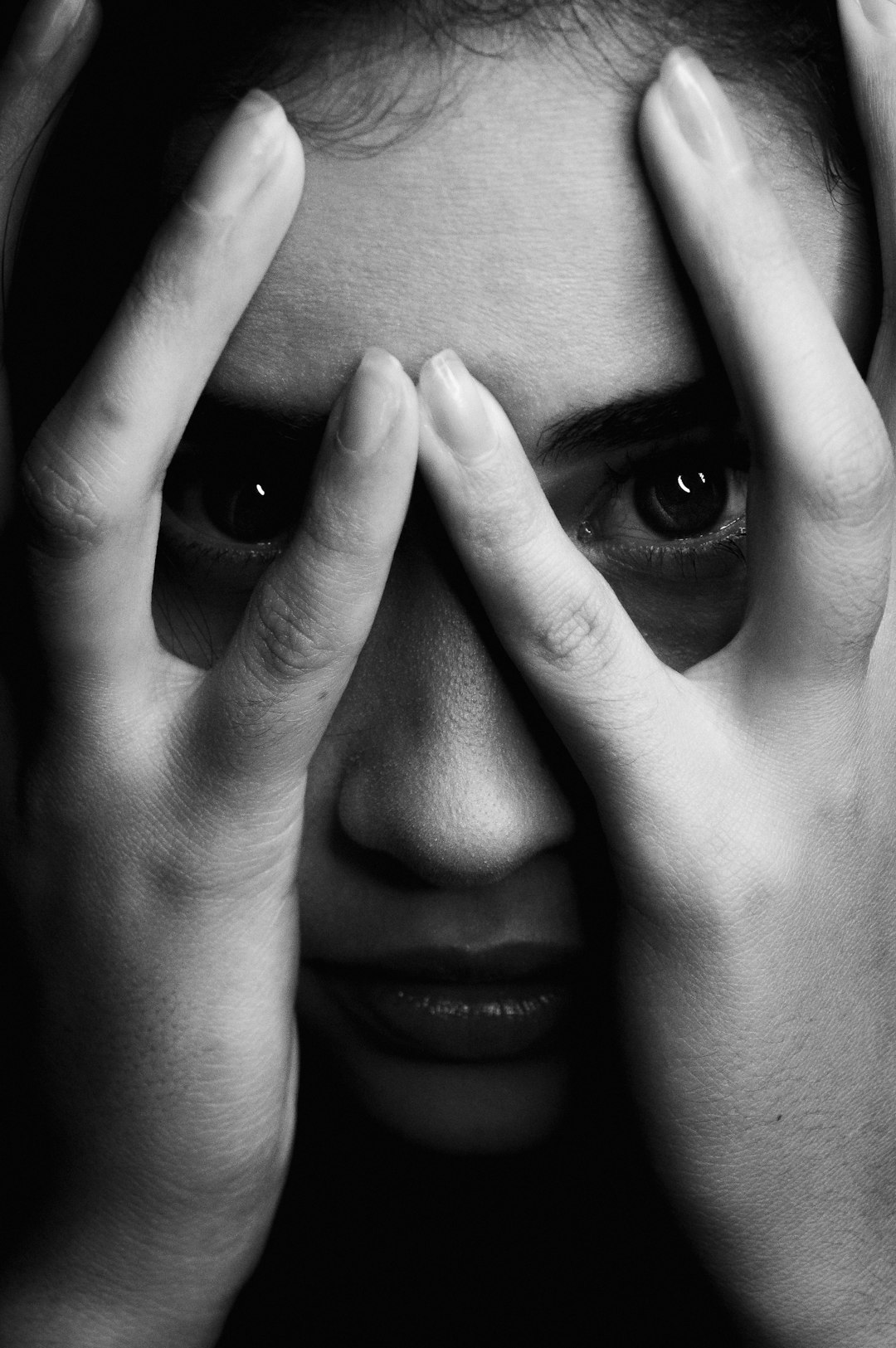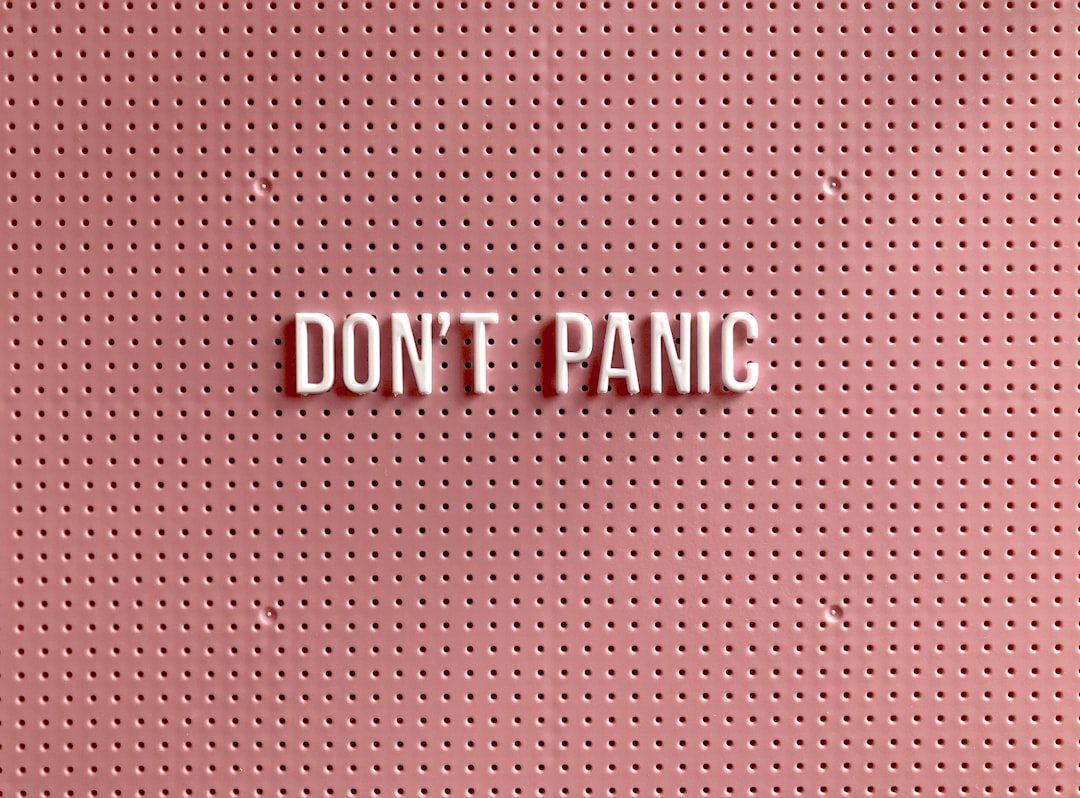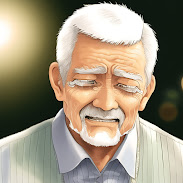Why does drug or alcohol relapse cause guilt and shame
Understanding the Guilt and Shame Associated with Drug or Alcohol Relapse
Drug or alcohol relapse can be a challenging and distressing experience for individuals who are on the path to recovery. It is not uncommon for those who have relapsed to feel overwhelming guilt and shame. These emotions can be intense and may hinder their progress towards a healthier, sober life. In this blog post, we will explore the reasons why drug or alcohol relapse causes guilt and shame, and how individuals can cope with these emotions to continue their journey towards recovery.
The Perception of Failure
One of the primary reasons individuals feel guilt and shame after a relapse is the perception of failure. They may feel that they have let themselves and others down by succumbing to their addiction once again. The pressure to maintain sobriety can be immense, and relapse can be seen as a personal failure, leading to feelings of guilt and shame.

Breaking Trust and Damaging Relationships
Drug or alcohol relapse can often result in breaking trust and damaging relationships with loved ones. Friends and family members who have supported the individual throughout their recovery journey may feel disappointed, hurt, or betrayed. This can intensify the feelings of guilt and shame experienced by the individual, as they may perceive themselves as having let down those who care about them.

Internalized Stigma
Another factor contributing to the guilt and shame associated with relapse is the internalized stigma surrounding addiction. Society often views addiction as a personal weakness or moral failing, leading individuals to internalize these negative beliefs about themselves. This internalized stigma can exacerbate feelings of guilt and shame, making it even more challenging for individuals to seek help and continue their recovery.

Fear of Judgment
The fear of being judged by others can also play a significant role in the guilt and shame experienced after a relapse. Individuals may worry about what others will think or say about them, leading to feelings of embarrassment and self-doubt. This fear of judgment can create a cycle of guilt and shame, making it difficult for individuals to reach out for support and seek the help they need.

Coping with Guilt and Shame
While guilt and shame are natural reactions to relapse, it is important for individuals to find healthy ways to cope with these emotions. Here are a few strategies that can help:
- Seeking support from a therapist or counselor who specializes in addiction recovery.
- Participating in support groups or 12-step programs to connect with others who have experienced similar challenges.
- Practicing self-compassion and forgiving oneself for the relapse.
- Engaging in self-care activities such as exercise, meditation, or hobbies that promote relaxation and well-being.
- Developing a relapse prevention plan with the help of a healthcare professional.

Conclusion
Guilt and shame are common emotional responses to drug or alcohol relapse. It is crucial for individuals to understand that relapse is a part of the recovery process, and it does not define their worth or ability to achieve sobriety. By seeking support, practicing self-compassion, and developing healthy coping mechanisms, individuals can overcome these emotions and continue their journey towards a healthier and more fulfilling life.
Tim Welch, LPCC Mental Health Counseling,
Newark, Ohio Licking County Online Therapy. Virtual Counseling for Alcohol Addiction, Drug Addiction, Anxiety, Depression & Mental Health Issues.


